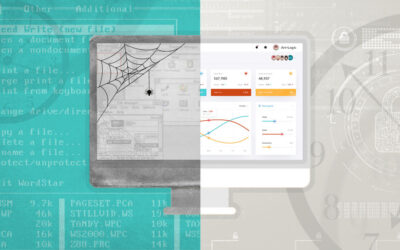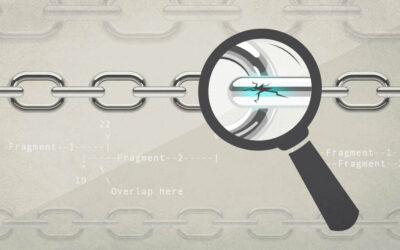I’m thankful for git for many reasons, like fast commits, offline history browsing, and cheap branching. But one complaint I have is the illogical naming and arguments of git commands.
I’ve long kept a list of useful but hard to remember commands in a notepad. Here’s my list, roughly sorted by most frequently used. Careful with the dangerous commands at the bottom.
Common git commands
Tag and share a release
git tag -a release/1.0.0b1 -m "1.0.0b1 release"
git push --tags
git show-ref --tags 1.0.0b1
Undo the last local commit
git reset --soft HEAD^
git reset HEAD .
Stash only unstaged files
git stash save --keep-index
Stage all files, included deletions
git add -u
Revert a commit
If a commit has already been shared publicly, this creates a changeset that reverses the commit.
git revert COMMITHASH
Undo a merge
git merge --abort
View the url of a remote repository
git remote -v
or
git remote show origin
Show the current branch name
git rev-parse --abbrev-ref HEAD
Push a local branch
git push origin BRANCH
List remote branches
git branch -r
(or -a for all branches)
Delete a remote branch
git push origin :BRANCH
Delete local tracking branches
Fixes a common error about deleting a branch from origin when another user has already deleted that remote branch.
git fetch -p origin
Compare commits on two branches
git diff BRANCH1..BRANCH2
Compare commit messages on two branches
git log --cherry-mark --oneline BRANCH1..BRANCH2
Delete a tag
¡dangerous! This rewrites the public repository and breaks other users’ clones if they have already pulled this tag.
git tag -d 12345
git push origin :refs/tags/12345
Move commits to a new branch
¡dangerous! You will lose uncommitted work. Only works for moving commits to a new branch. Moves all commits not on BRANCHNAME to NEWBRANCHNAME. Hat tip to sykora’s SO answer.
git branch NEWBRANCH
git reset --hard origin/BRANCH
git checkout NEWBRANCH
Delete untracked files
¡dangerous! This permanently deletes untracked files. But the -n flag does a dry-run to help catch mistakes.
git clean -fn
Git alias
Git also provides an alias feature, which could be used to create more memorable commands. Here’s my simplistic set of aliases in ~/.gitconfig , mostly geared towards reducing typing for common commands:
[alias]
st = status
ci = commit
co = checkout
df = diff
lg = log -p



